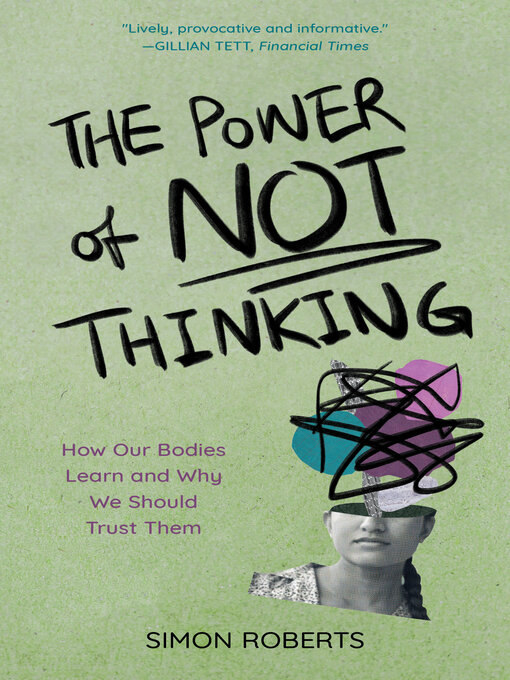Details the role our body plays in how we learn and how we can tap into our body's knowledge to excel in all facets of life.
Ask someone to point to the part of their body responsible for their intelligence and it is highly likely that they will point at their head. This assumption is understandable, given that, for centuries, from Descartes' "cogito ergo sum" to the computer age, this is what we have been told to think.
And yet we all share common experiences that have revealed the incomparable power of "not thinking". Have you ever struggled to remember your pin number only to hold your fingers out and type it correctly with your hands, played the piano without focusing on remembering the correct notes or listened to your gut feeling when under the pressure of a big decision? All these instances prove that it is time to stop neglecting the role the body plays in our acquisition of knowledge and to explore how it is that brain and body combine to deliver what we view as uniquely human intelligence. You never forgot how to ride a bike did you?
In this unique new book, social and business anthropologist Simon Roberts looks at the pivotal role that our body plays in how we learn and reminds us of why we should learn to listen to it more often. Drawing upon an incredible range of cutting-edge science, real-life examples and personal experience, Roberts explores the complexity of even the simplest of tasks that humans perform every day and goes on to explain how, with a greater awareness of the processes at work, we can tap into our full potential and excel in any area of our lives.
His proposition isn't the antidote to big data, cold rationalism, and reductionism. But, as embodied knowledge emerges from our engagement and interaction with the world, the author underlines why intelligence does not solely reside in our brains. If there's a single, practical message to be taken from it, it is that we should give more credit to the role of the body as a resource for learning about and understanding the world. That means a more 'sleeves rolled up', engaged and practical way of 'learning by doing' not by rational detachment.

